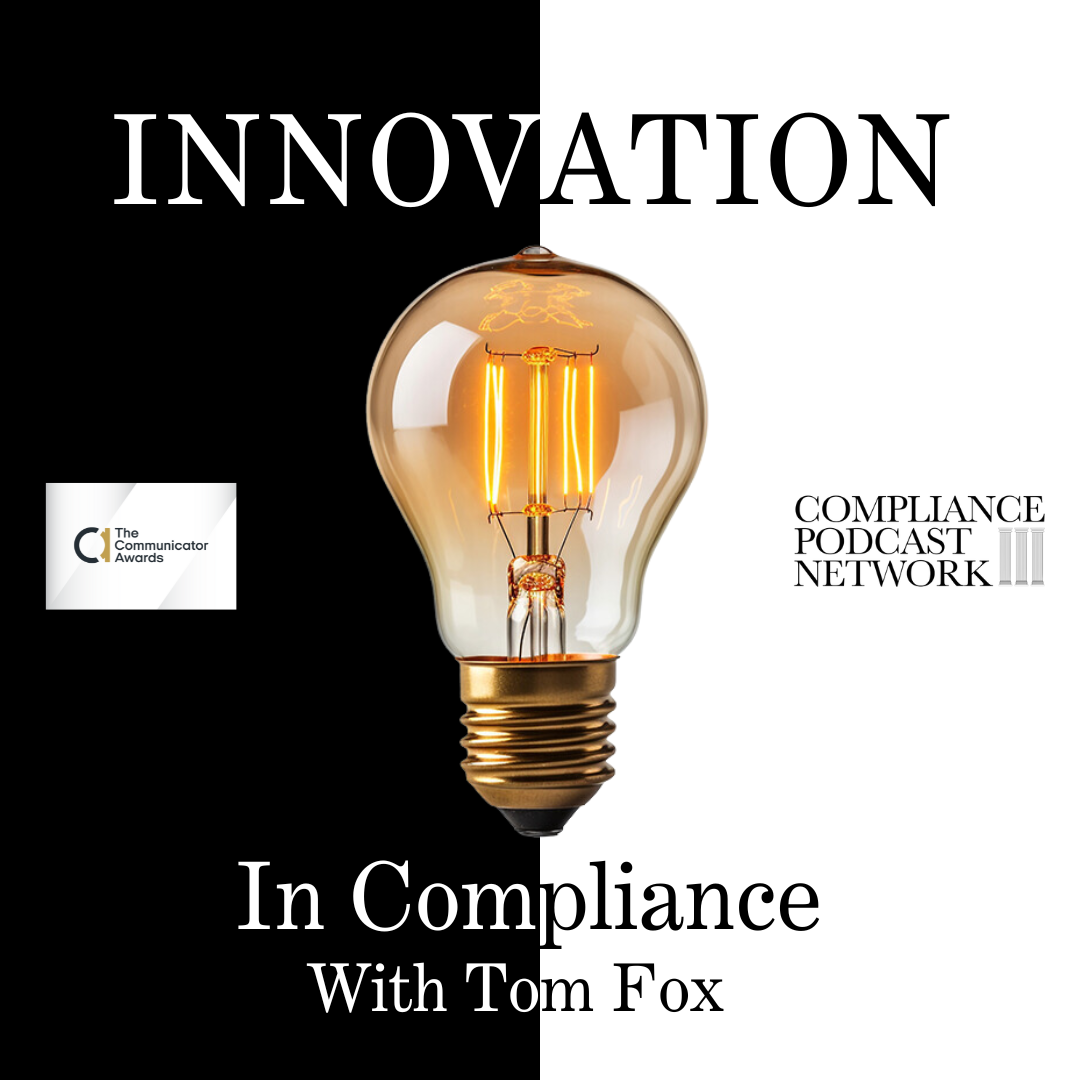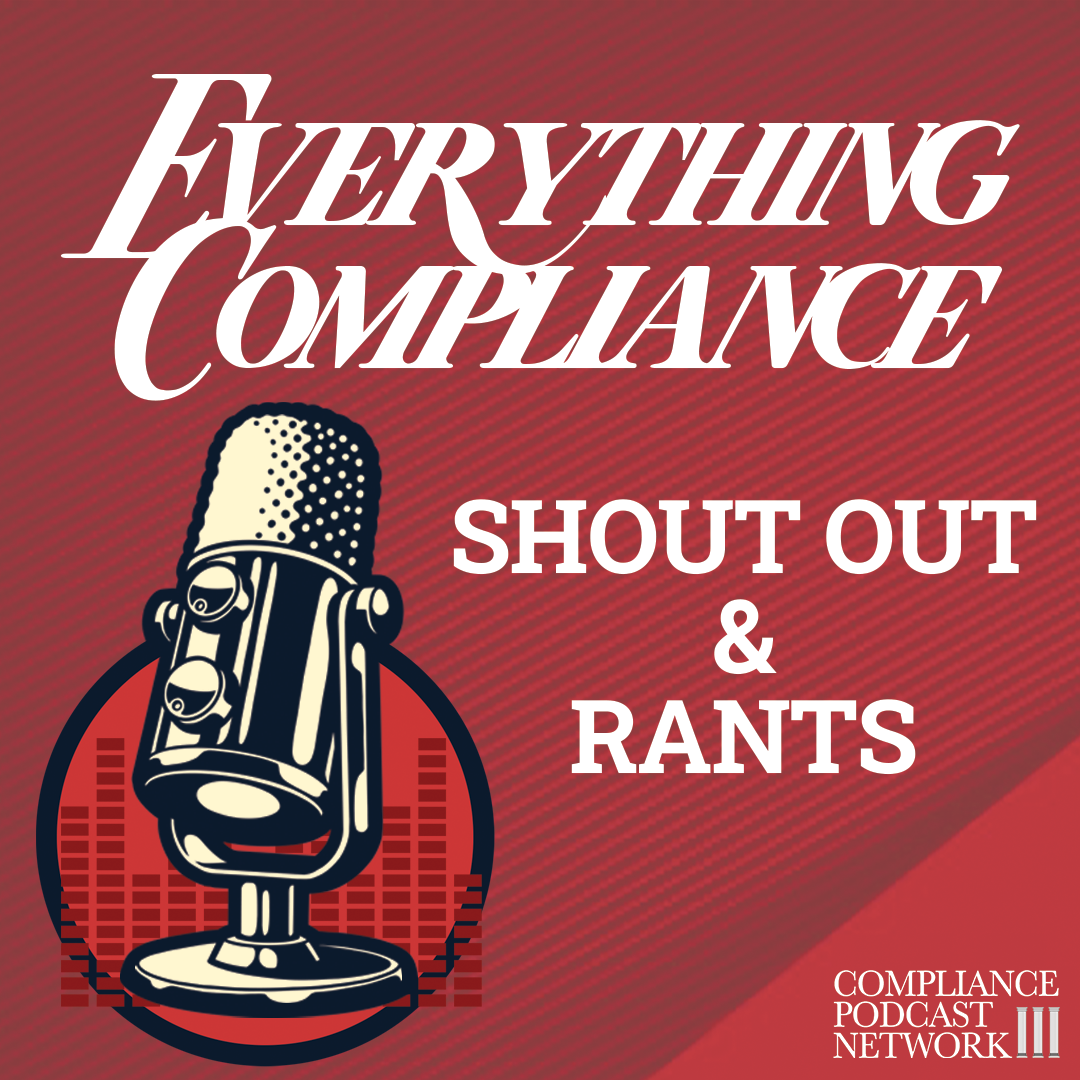Ed. Note: This week, leading up to Halloween, I will examine lessons for compliance professionals through the lens of the great Universal Movie Monsters: Frankenstein, Wolfman, Dracula, and The Mummy. First up is Boris Karloff’s film version of Frankenstein.
============================================================
The 1931 classic Frankenstein, starring Boris Karloff as the iconic monster, offers more than gothic horror. It provides a rich framework for understanding corporate compliance. The film, adapted from Mary Shelley’s novel, tells the story of Dr. Henry Frankenstein, whose ambition to play God results in the creation of a monstrous figure. While focusing on the horror elements is easy and fun, a closer analysis reveals valuable lessons for compliance professionals and business leaders alike.
We will explore how this film version of Frankenstein mirrors real-world compliance challenges and how its themes of ambition, unchecked power, and ethical negligence offer critical insights into today’s corporate environment. We will also consider how Frankenstein offers a range of corporate compliance lessons that resonate with the key points raised by Nicole Argentieri in her recent speech to the Society of Corporate Compliance and Ethics (SCCE) and the 2024 Evaluation of Corporate Compliance Programs (2024 ECCP).
The Perils of Ignoring Ethical Oversight: Frankenstein’s Creation and Corporate Risk
Dr. Frankenstein’s pursuit of creating life was a scientific marvel, but his failure to consider his work’s moral and ethical implications led to his downfall. His ambition closed his eyes to the responsibilities that come with power and innovation. This reflects a critical issue for corporate compliance: the danger of ignoring ethical oversight in the rush to achieve business objectives.
In her SCCE speech, Nicole Argentieri highlighted the importance of ethical decision-making and the need for leadership to embed compliance into every facet of business operations. The 2024 ECCP emphasizes that compliance officers must have the authority and autonomy to act independently and influence decision-making at the highest levels of an organization. Just as Frankenstein lacked the oversight to rein in his dangerous experiment, a lack of oversight in corporate governance can result in catastrophic outcomes.
The clear lesson for compliance professionals is that organizations must prioritize ethical oversight and ensure compliance is involved in strategic decision-making. As the 2024 ECCP advises, having a strong compliance function with direct access to the board of directors can prevent “Frankenstein-like” risks from spiraling out of control. Ethics cannot be an afterthought; just as Frankenstein learned too late that his creation needed more than raw ambition, organizations must recognize the importance of ethical governance before it’s too late.
Risk Management: Expecting the Unexpected
One key reason for Frankenstein’s failure was his inability to anticipate the risks his creation posed. He believed he could control the creature, but without proper planning, things quickly spiraled out of control. This is a critical lesson in risk management for any organization. The creature was the manifestation of uncalculated risk—an outcome born of Dr. Frankenstein’s failure to consider the “what ifs.”
Argentieri’s speech and the 2024 ECCP emphasize the importance of addressing emerging risks and implementing proactive risk management strategies. As business models evolve, new risks emerge, and compliance professionals must be vigilant in identifying and addressing them before they become uncontrollable.
Compliance professionals should continuously evaluate and adjust their risk management strategies. This aligns with Argentieri’s recommendation that compliance programs must be agile and anticipate emerging risks, especially in areas such as new technologies, cybersecurity, and third-party relationships. A comprehensive risk management process that includes scenario planning and stress testing can prevent corporate “creatures” from escaping the lab and causing damage.
Accountability and Governance Failures
Dr. Frankenstein operated without accountability, answerable only to himself. His lack of governance resulted in a situation without checks and balances on his actions, and his poor judgment led to tragic consequences. The creature’s actions, while horrifying, can be traced back to Frankenstein’s governance failures.
Argentieri emphasized in her SCCE speech that the DOJ expects organizations to maintain a strong compliance culture backed by a governance structure that holds individuals accountable for their actions. The 2024 ECCP builds on this expectation, stressing that compliance programs must ensure accountability at all levels—from executives to front-line employees.
Effective compliance programs must have strong governance structures to hold individuals accountable for their decisions. This is more than just ensuring policies are in place; it’s about creating a culture where employees at every level understand their ethical responsibilities. Just as Frankenstein should have been accountable for the consequences of his experiment, corporate leaders must be held accountable for the risks and decisions they make within the company.
The Ethical Consequences of Secrecy
In Frankenstein, secrecy plays a critical role in Dr. Frankenstein’s downfall. He isolates himself from his peers, hiding the details of his experiments out of fear that others will not understand or approve. This secrecy prevents him from receiving the input and guidance that could have prevented disaster.
Similarly, corporate secrecy can breed ethical violations. In her speech, Argentieri discussed the importance of transparency in compliance efforts, particularly when addressing misconduct. The 2024 ECCP emphasizes open communication within organizations, noting that secrecy or a culture of silence can lead to deeper ethical violations, regulatory breaches, and, ultimately, significant legal consequences.
Compliance professionals must constantly work to foster a culture of transparency and open communication within their organizations. Indeed, the DOJ sees compliance professionals as the holders of institutional justice and institutional fairness in their organizations. Employees should feel empowered to raise concerns without fear of retaliation. Compliance professionals should encourage whistleblowers, monitor for red flags, and ensure that no department operates in secrecy. In the same way, that Dr. Frankenstein’s isolation led to his downfall, a corporate culture of secrecy can result in unethical behaviors festering in the shadows.
Remediation and the Need for Swift Action
One of the more tragic elements of Frankenstein is Dr. Frankenstein’s inability—or refusal—to remediate his mistakes. Instead of acknowledging the harm his creation causes and taking steps to stop it, he spends much of the film trying to avoid responsibility. This refusal to act only exacerbates the problem, leading to even more destruction.
In her SCCE speech, Argentieri emphasized the importance of remediation when compliance issues arise. The 2024 ECCP reinforces this point, stating that companies must take swift action when misconduct occurs to address the immediate issue and prevent future violations. A failure to remediate can lead to a loss of trust from regulators, stakeholders, and the public.
Companies must act swiftly to remediate any ethical or compliance violations. This means conducting thorough investigations, holding wrongdoers accountable, and implementing corrective measures to prevent similar issues in the future. Dr. Frankenstein’s inaction led to tragic consequences, and in the corporate world, failure to remediate can result in reputational damage, legal penalties, and a loss of public trust.
Creating a Culture of Compliance and Ethical Awareness
Ultimately, Dr. Frankenstein’s downfall can be traced to his failure to create an environment that valued ethical considerations and accountability. He was driven by ambition without the ethical grounding to manage his creation responsibly.
Argentieri’s speech stressed the importance of building a culture of compliance and ethical awareness within organizations. The 2024 ECCP echoes this, highlighting that culture is the foundation of an effective compliance program. A company’s culture should not only encourage compliance but make it clear that ethical behavior is a core value of the organization.
Compliance professionals should focus on building a strong ethical culture within your organization. Compliance programs are most effective when employees at all levels buy into the company’s ethical mission. Training programs, consistent messaging from leadership, and visible consequences for unethical behavior are all crucial components of creating this culture.
The Boris Karloff version of Frankenstein may be categorized as a horror film, but its compliance lessons are relevant to any organization today. From respecting ethical boundaries to the importance of accountability, risk management, and training, the film underscores the dangers of unchecked ambition and the value of thoughtful, well-designed compliance frameworks. As compliance professionals, we must ensure that our organizations don’t become modern-day Frankenstein’s, creating monsters we cannot control.
Join us tomorrow as we consider the corporate branding lessons for the compliance professional from the Bela Lugosi movie version of Count Dracula.















